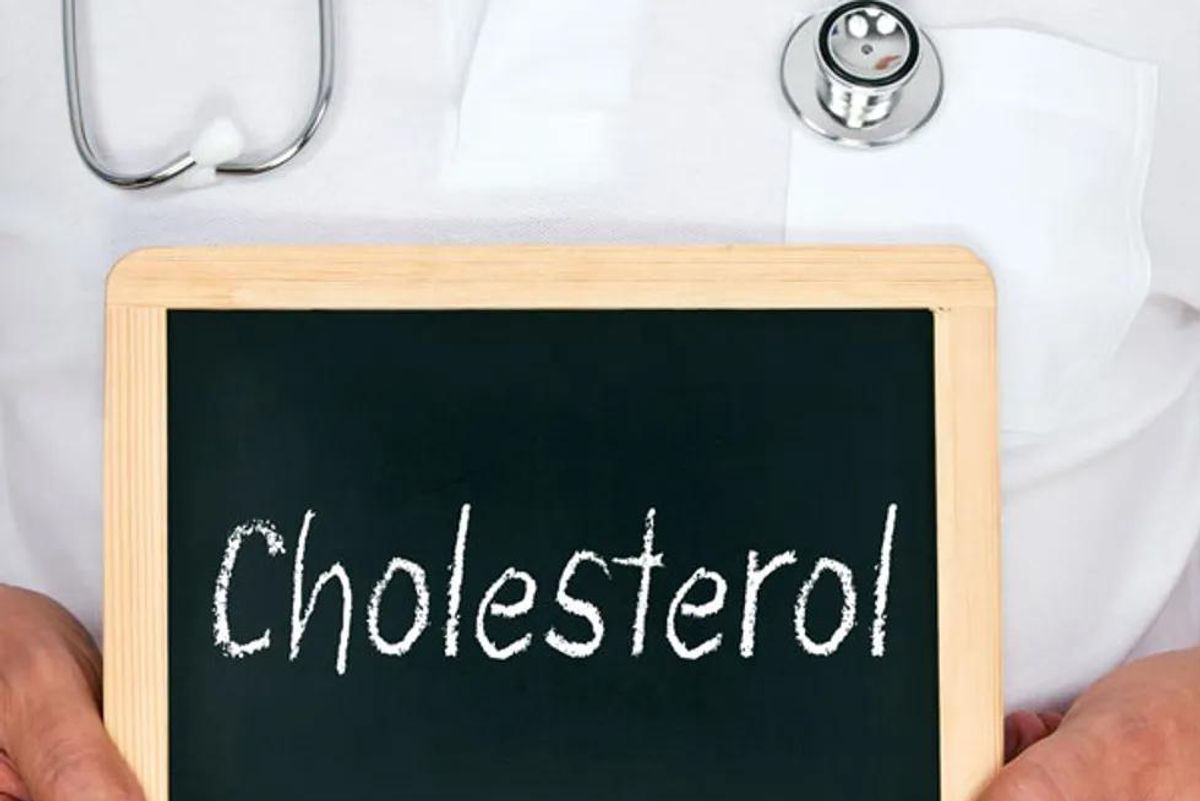

Learn about our editorial policies
Medically Reviewed
By Suzanne Steinbaum, DO
No one wants to hear those dreaded words "high cholesterol" from the doctor. A known risk factor for heart disease, a high cholesterol diagnosis is a wakeup call for many. Luckily there are simple steps women can take to not only lower cholesterol and in turn cardiovascular disease risk, but also to live a healthier life overall.
The most important thing to know about cholesterol is that it's all about balance. The body needs cholesterol to make hormones, vitamin D and substances that help the body digest food. Cholesterol is carried through the body by low-density lipoproteins (LDL) and high-density lipoproteins (HDL), and maintaining a proper balance in the blood stream prevents buildup in the arteries. Triglycerides, another component of the cholesterol panel, are directly related to carbohydrates and simple sugars in the diet and can be a greater risk factor for heart disease, especially for women.
Here are some ways to help maintain that balance and keep cholesterol in check:
- Get moving. Regular, moderate exercise helps to raise HDL levels, otherwise known as the "good" cholesterol. There are an infinite number of ways to get moving—the trick is to find an enjoyable activity and make it part of a daily routine. Something as simple as walking 30 minutes a day can help most women achieve their heart health goals.
- Beware the "bad" fats. Saturated fats are what cause LDL, or "bad" cholesterol, levels to go up. Most saturated fats can be found in animal fat and processed meat. So opt for mushrooms or broccoli in lieu of pepperoni or sausage as pizza toppings.
- Go "fishing" for your good fats. A major misconception is that all fats are bad, but this is not true. Good fats, such as heart-healthy omega-3s, are beneficial in lowering cholesterol. Instead of eating a lot of red meat, consider serving fish—such as salmon or tuna—which are not only low in saturated fat, but also are good sources of omega-3s. The American Heart Association recommends eating at least two servings of fish a week.
- Consider supplements when diet is not enough. Increasing cholesterol-lowering fats by adding more omega-3s through foods is a good first step. However, for many, it can be difficult to get enough omega-3s through diet alone. There are heart-healthy, omega-3 supplements available that can help women achieve optimal intake.
- Think twice before lighting up. The negative impact of smoking is no secret, and smokers are at an increased risk for heart disease. In fact, smoking actually lowers HDL levels in your body. So kick the habit!
Suzanne Steinbaum, DO, is director and attending cardiologist at Women and Heart Disease Center, Lenox Hill Hospital in New York. She is an expert in cardiology and internal medicine, with subspecialties in prevention and women and heart disease. She is also the medical director for Events of the Heart, a spokesperson for the American Heart Association and cofounder of the Global Nutrition & Health Alliance.
You might be interested in





